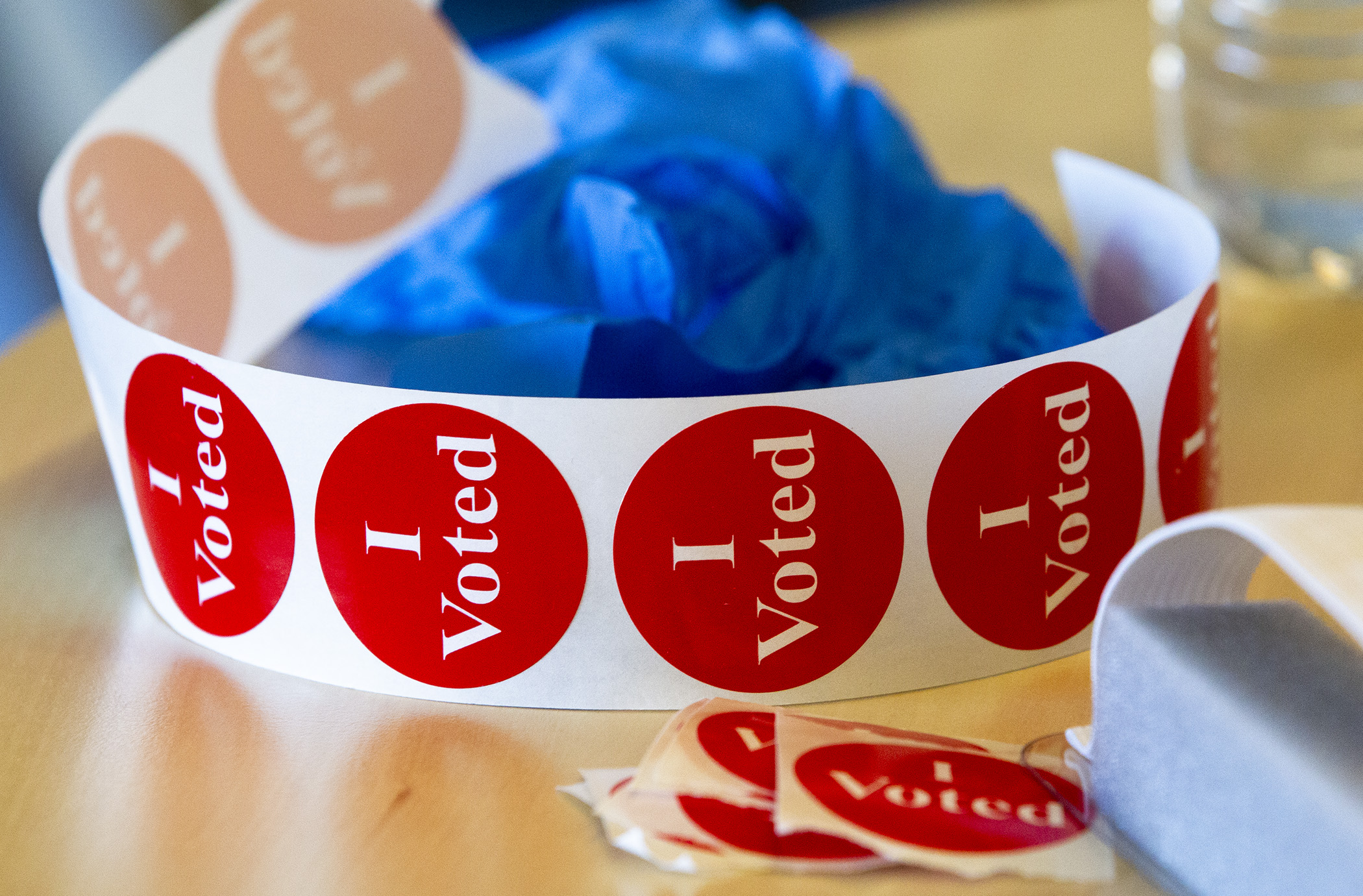Proposed automatic voter registration moves forward in House

Minnesota led the nation in voter turnout during the 2020 general election with nearly 80% of those eligible casting a ballot.
That number could grow under proposed legislation approved Tuesday by the House Transportation Finance and Policy Committee.
Members approved two bills with nearly identical language that would implement automatic voter registration in Minnesota by using information being collected during transactions with government agencies, such as getting a driver’s license, to register those who are eligible. People would have 20 days to decline the registration.
Supporters say the change would help bring more eligible voters to the polls, keep voter information better updated, save money by making the registration process more efficient, and reduce lines on Election Day.
Automatic voter registration is currently used in 22 states.
Rep. Kristin Bahner (DFL-Maple Grove), who sponsors HF607, said it would improve access for legally eligible voters by simply switching from an opt-in registration system to an opt-out system and would use the same checks and balances already in place to verify a voter’s eligibility.
“It is not enough to claim to be beacons of democracy, but we must live our values by continually working to increase our participation while balancing the checks and balances that requires,” Bahner said. “This bill does just that.”
On a 10-7 party-line vote, the bill was approved, as amended, and referred it to the House State Government Finance and Elections Committee. The companion, SF1104, is sponsored by Sen. Aric Putnam (DFL-St. Cloud) and awaits action by the Senate State Government Finance and Policy and Elections Committee.
The bill would also require the Department of Public Safety to report at least monthly on the number of people whose records were sent to the secretary of state’s office for registration, information that officials confirmed is already shared on a daily basis.
Automatic voter registrations would not begin until both departments certify their systems have been tested to accurately provide the needed information. They would have until June 1, 2022 to complete those certifications.
The bill would also allow any state agency, local government or federally recognized American Indian tribe, in consultation with the secretary of state, to use any form or application within its jurisdiction as a voter registration application provided they already require verification of an applicant’s citizenship.
The secretary of state would determine an applicant’s eligibility to register.
The committee also approved HF9, sponsored by Rep. Emma Greenman (DFL-Mpls), which contains language nearly identical to HF607 but is a much broader bill that would make a number of changes to the state’s elections, although Rep. Frank Hornstein (DFL-Mpls), who chairs the committee, attempted to focus debate on the automatic voter registration portions of the legislation.
Members approved it, as amended, on a 9-7 party-line vote and referred it to the House Higher Education Finance and Policy Committee. The companion, SF422, is sponsored by Sen. Lindsey Port (DFL-Burnsville) and awaits action by the Senate State Government Finance and Policy and Elections Committee.
Rep. Jon Koznick (R-Lakeville) voted against both bills, calling the latter a “monstrosity of an elections bill” that includes “welfare for politicians.” He said an automatic voter registration system would cost the state money instead of saving it and questioned why it was needed.
“I appreciate your efforts, but I think we’re just simply going to have a different approach to our elections systems,” Koznick said. “I think it’s incumbent upon individuals to take the responsibility, to simply register to vote is not too much to ask.”
Related Articles
Search Session Daily
Advanced Search OptionsPriority Dailies
Legislative leaders set 2026 committee deadlines
By Lisa Kaczke Legislative leaders on Tuesday officially set the timeline for getting bills through the committee process during the upcoming 2026 session.
Here are the three deadlines for...
Legislative leaders on Tuesday officially set the timeline for getting bills through the committee process during the upcoming 2026 session.
Here are the three deadlines for...